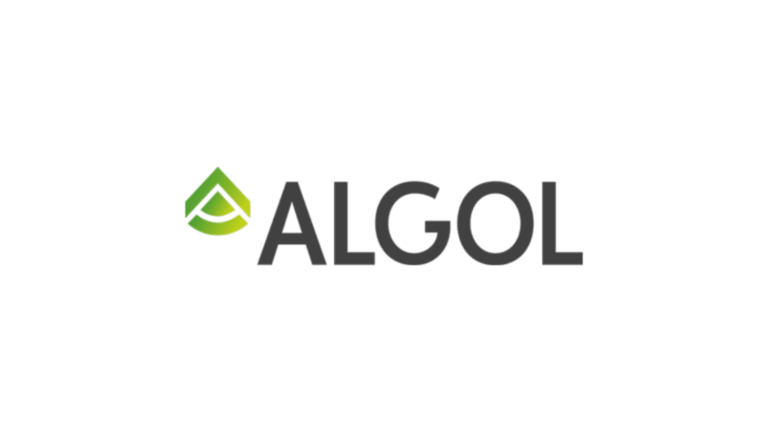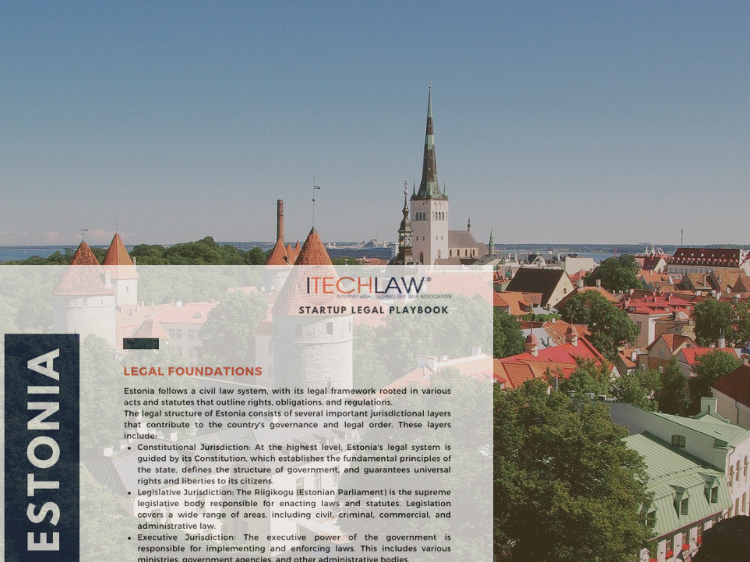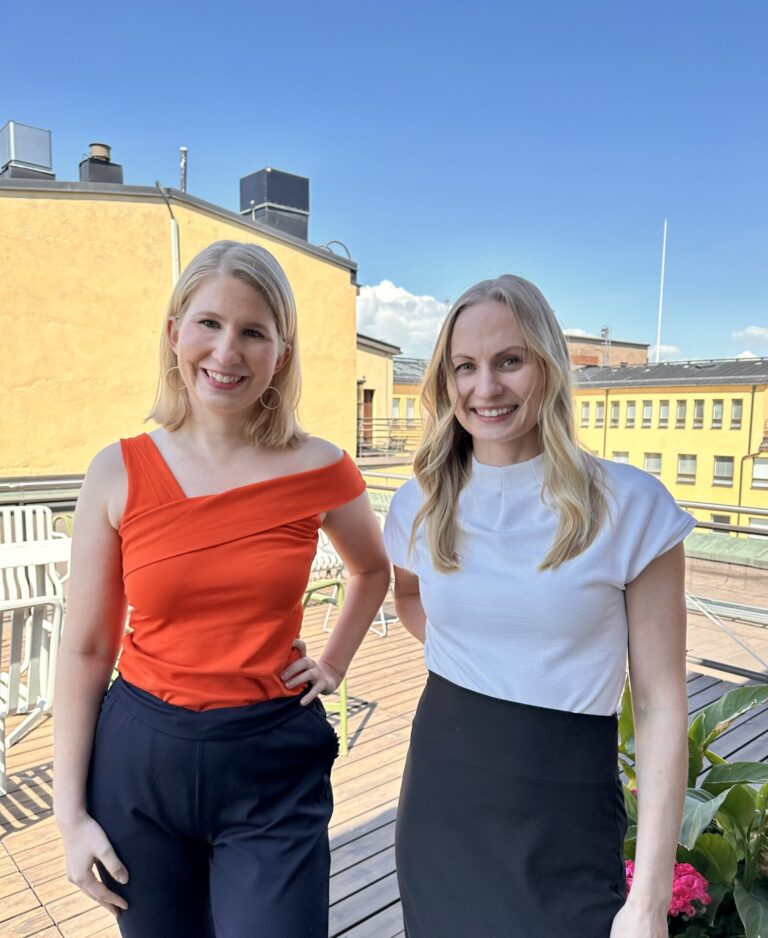
This article is a collaboration between Magnusson Law and Global Goes Local.
In this article Magdalena Berg from Magnusson Law and Ylva Hökerberg Jahnke from Global Goes Local provide guidance in some key areas regarding what companies need to have in mind when recruiting employees from countries other than Sweden[1].
Work permit
General
EU citizens do not need a work permit and may start work immediately in Sweden. Citizens from a non-EU country will in general need a work permit to be able to start working in Sweden and the work permit must be granted before entering Sweden. However, there are special rules for certain occupations and citizens of certain countries.
A work permit is normally received for a period of 2 years and is granted for a specific occupation and employer. The work permit can be extended after 2 years for a further period of 2 years. A permanent residence permit can be applied for after the employee has held a work permit for 4 years.
Work permit requirements
For the employee to obtain a work permit the employer must meet the following conditions:
- advertise the position in Sweden and within the EU/EES and Switzerland for a minimum of ten days
- offer a salary and terms of employment that are in line with those set by either Swedish collective bargaining agreements, or which are customary within the occupation or industry
- provide health insurance, life insurance, occupational injury insurance and occupational pension insurance for the employee when they start working
- send the offer of employment to the relevant trade union to receive a statement of opinion regarding the terms of employment
Extension of work permit
When applying for an extension of a work permit it is important that the application is submitted before the current work permit expires. The employee can then begin/continue working with the employer in Sweden whilst waiting for the decision from the Swedish Migration Agency (Sw. Migrationsverket).
When applying for an extension the employee needs to demonstrate that the conditions of the work permit have been met during the entire period the employee has held the work permit. For example, payslips and information about insurances need to be submitted with the application for extension. Furthermore, the employer must fulfil the work permit requirements as listed above when applying for the extension, except the requirement to advertise which only relates to new employees.
Fast-track process
Global Goes Local is certified by the Swedish Migration Agency and has access to the fast-track process. This means that employers receive a decision on work permit applications within 10-20 working days from submission of the application instead of several months. Employers can take advantage of the fast-track process by registering as an employer under Global Goes Local’s certification.
ICT permit and EU Blue Card
Employees from non-EU countries can also work in Sweden with an ICT (Intra-Corporate Transfer) permit or an EU Blue Card. The requirements and timeframes differ slightly from those for work permits as described above and the fast-track process is not available. Global Goes Local can also assist with these applications.
Once the work permit has been granted
Regulate the terms and conditions of the employment relationship
If the employer and the employee have only stipulated the employment conditions necessary to commence the application for a work permit, it should be noted that the Employment Protection Act (Sw. lag (1982:80) om anställningsskydd, “LAS”) requires the employer to provide the employee with written information of the terms and conditions of the employment no later than one month after the commencement of work by the employee. The information shall include all relevant terms and conditions that are of material relevance to the employment contract or relationship. The employer is not obliged to provide such information if the period of employment is less than three weeks.
If the employer fails to provide the above information, the employee may be awarded compensation should the case be taken to court.
It should be noted that LAS does not apply to employees in managerial positions. This means that the above-mentioned requirement to provide information regarding all relevant terms and conditions that are of material relevance to the employment contract or relationship does not apply to such employees. It is however advisable to set out the terms and conditions of the employment relationship, including provisions regarding the termination of employment, for such employees as they are not covered by LAS.
Assess the need for restrictive covenants
The employer and the employee are expected to act in a loyal manner towards each other for the entire duration of the employment relationship, i.e., from the signing of the employment contract until the end of the notice period. The extent of this duty of loyalty varies depending on inter alia the nature of the business, the position of the employee and the conditions in the industry.
In accordance with the Trade Secrets Act (Sw. lag (2018:558) om företagshemligheter), the loyalty can in certain circumstances be extended beyond the duration of the employment, obligating former employees not to make use of or disclose trade secrets they became privy to during their employment. Many employers prefer to extend this loyalty beyond the default period provided by law and on their own terms through restrictive covenants such as non-compete and non-solicitation clauses that apply after the termination of the employment.
Before a restrictive covenant is regulated in the employment contract, the employer needs to assess whether such a restriction is necessary or if the duty of loyalty or the stipulations in the Trade Secrets Act provide adequate protection for the employer. If a restrictive covenant is deemed necessary, it is important that the provision is reasonable both in terms of its scope and the length of the period of time and that it is not more far-reaching than necessary. Further, as regards a non-compete clause the employee should normally be compensated for the time the restriction is in place.
Summary
Global Goes Local is certified by the Swedish Migration Agency and is pleased to assist businesses with applying for work permits in Sweden. Please do not hesitate to reach out to Ylva Hökerberg Jahnke if you need any assistance with work permits.
As regards advice on any employment terms and conditions and/or restrictive covenants, it is recommended to seek legal advice to avoid including any provisions that may be deemed invalid and consequently not provide the protection sought by the employer when the employment ends. Magnusson’s employment team has a wealth of experience of employment and labour law issues and can provide advice on both day-to-day matters and long-term challenges for Swedish as well as international employers. Please do not hesitate to reach out to Magdalena Berg if you would like to know more about how Magnusson can help your company with Swedish employment and labour law issues.
[1] Please note that this is an overview and it should be supplemented with professional advice for the individual case.
Contact

Magdalena Berg
Partner / Head of Dispute Resolution and Employment
Dispute Resolution, Employment, International Arbitration
Send me an email +46 8 463 75 00 +46 70 775 57 25









